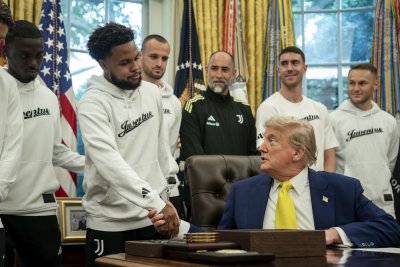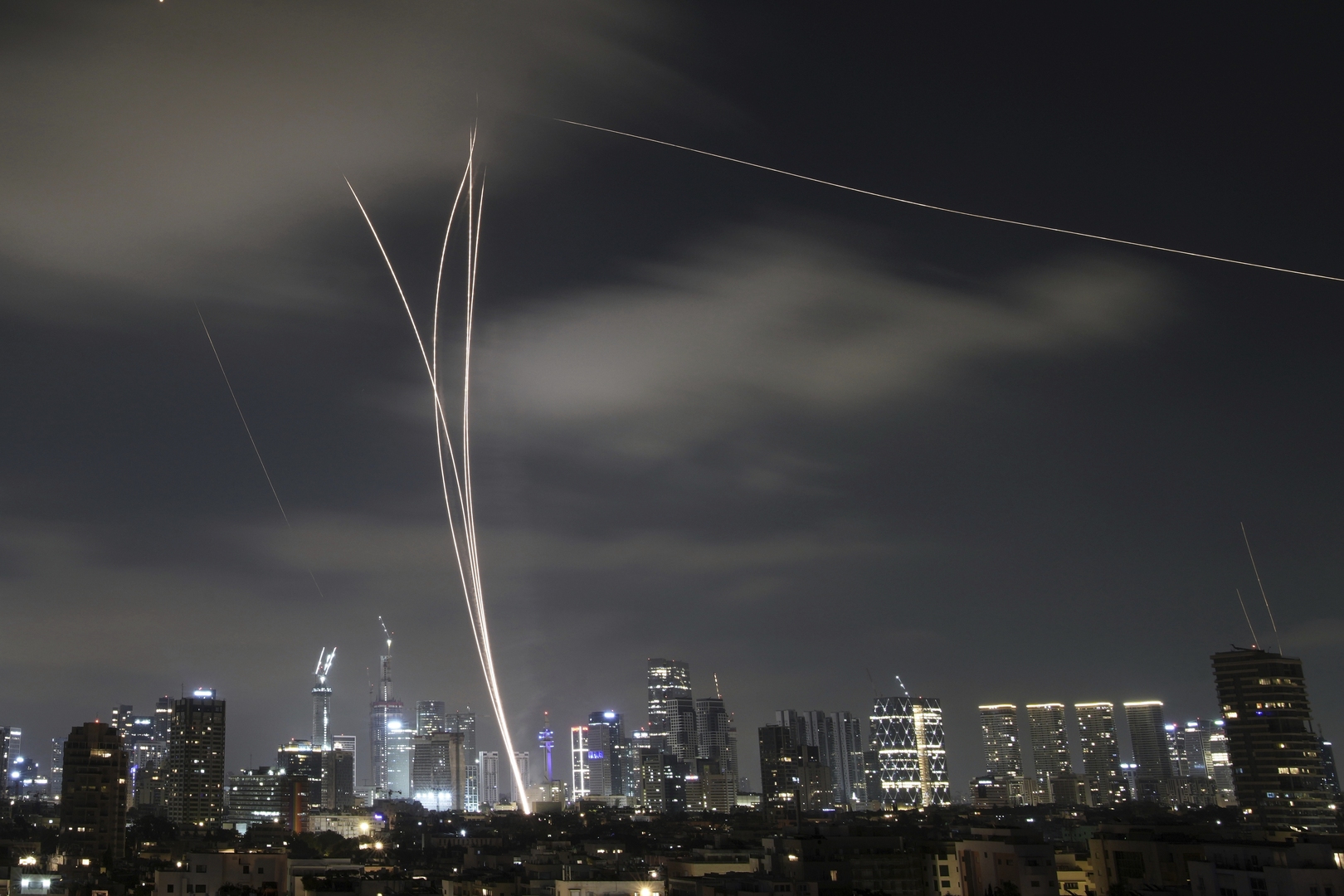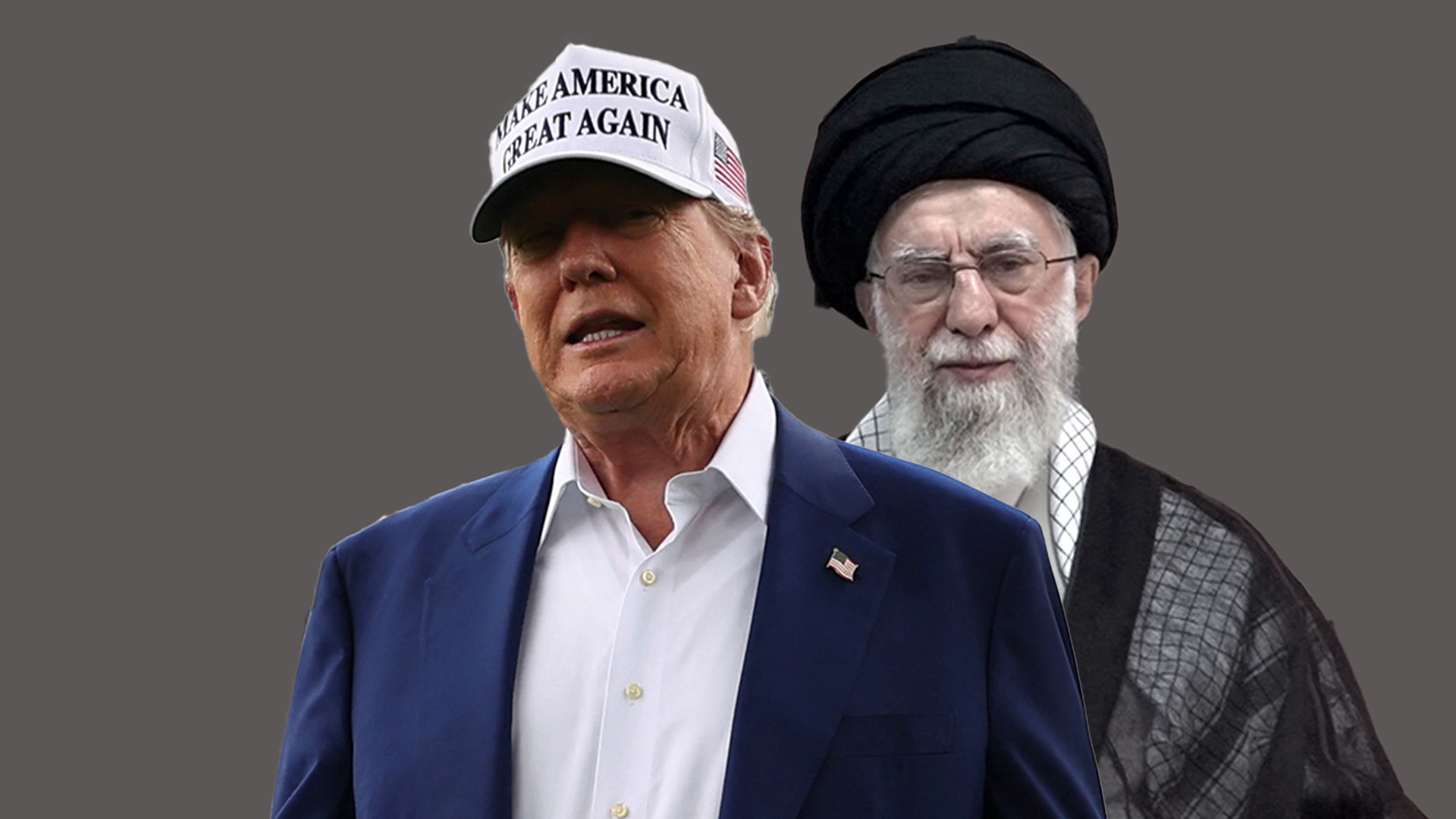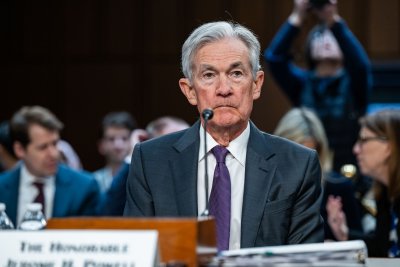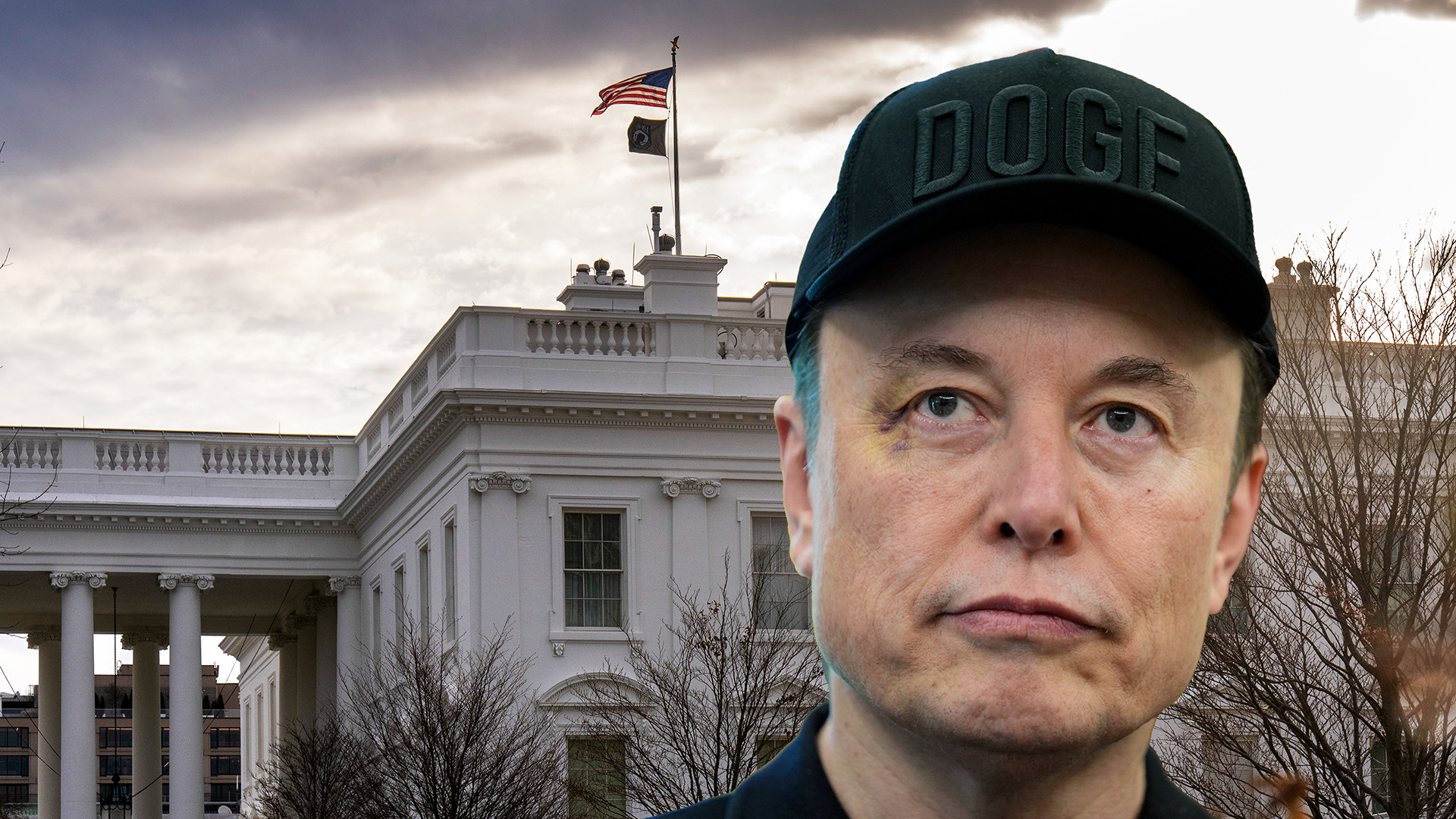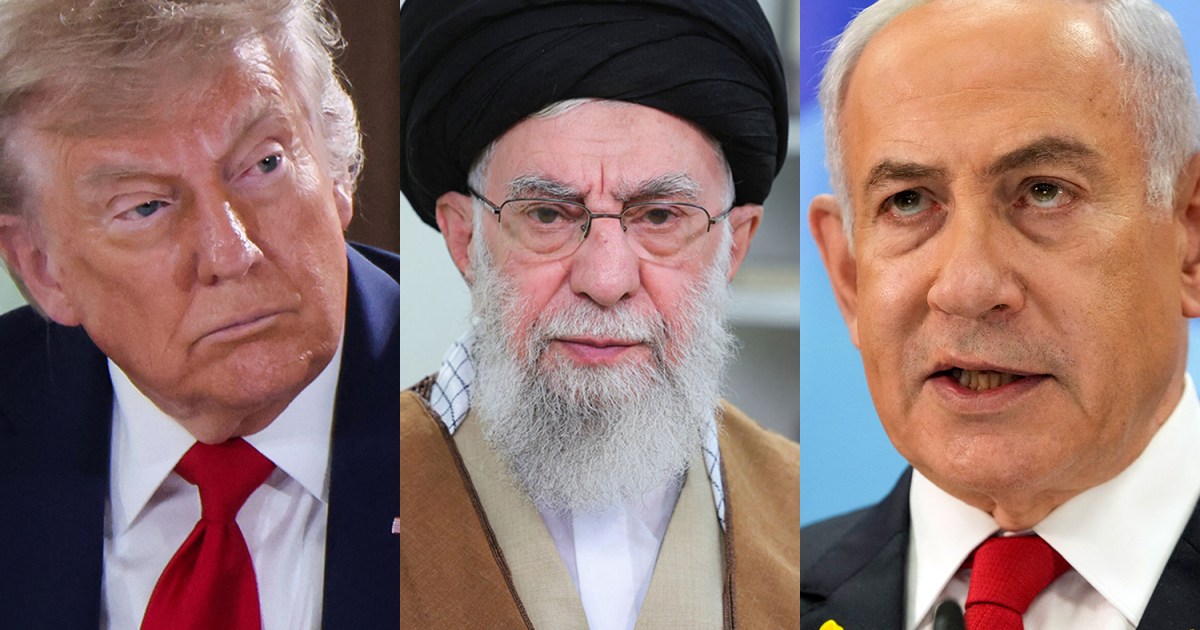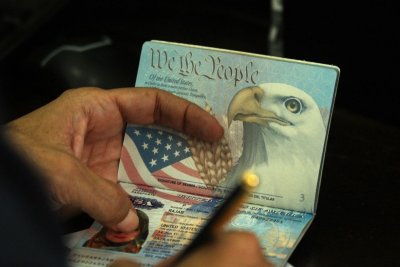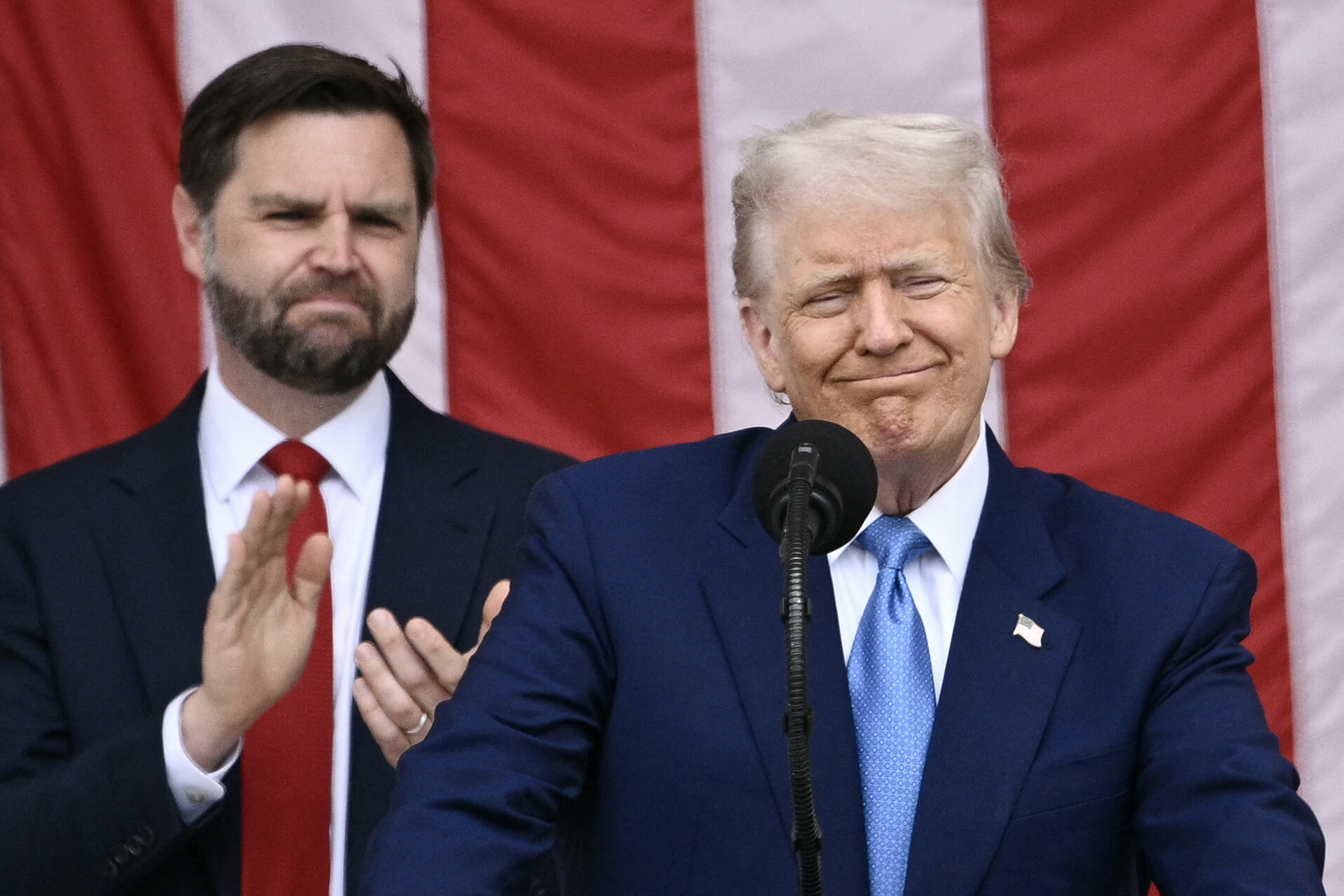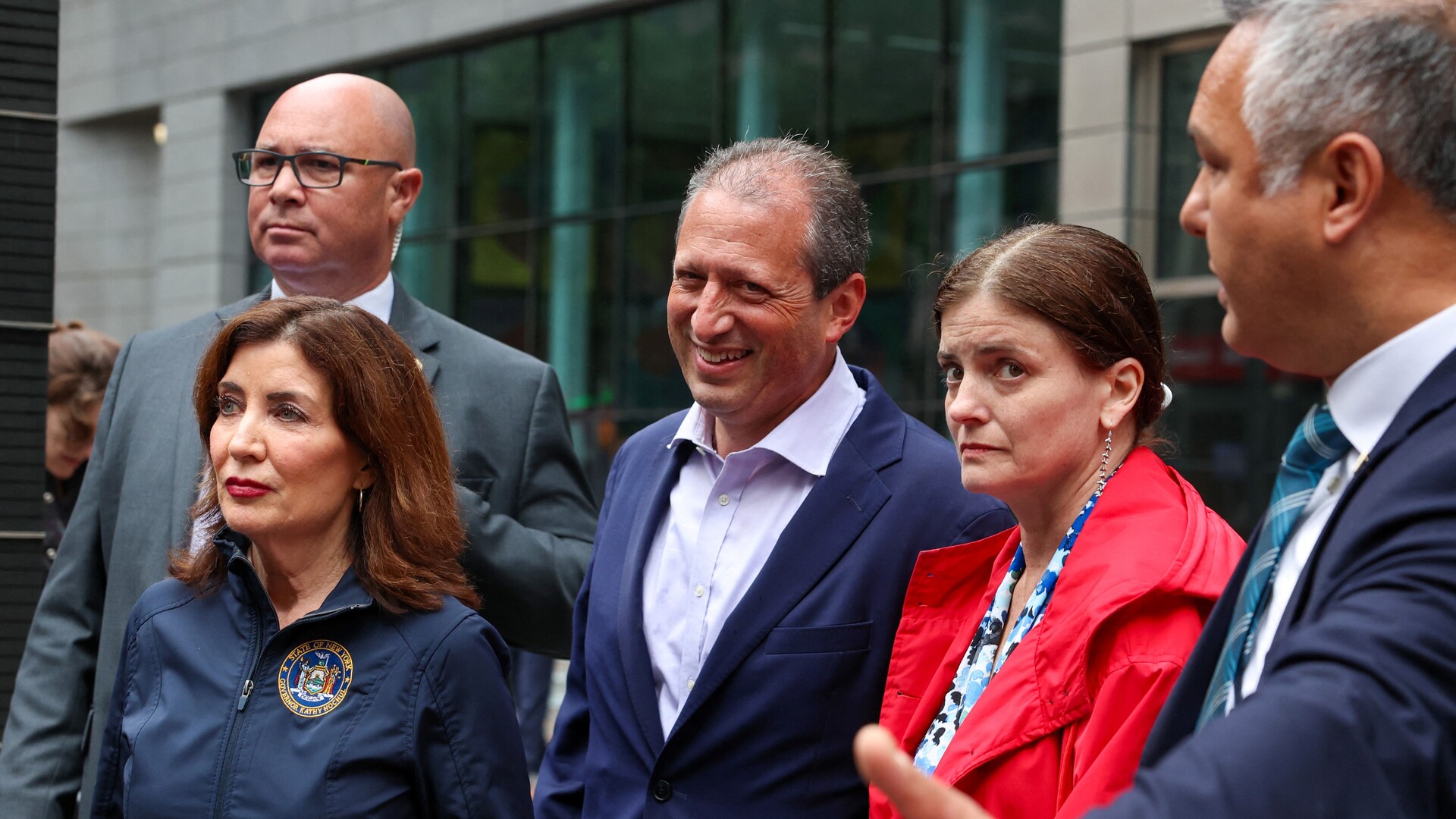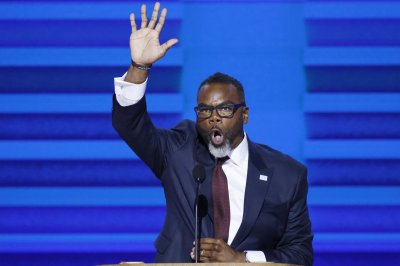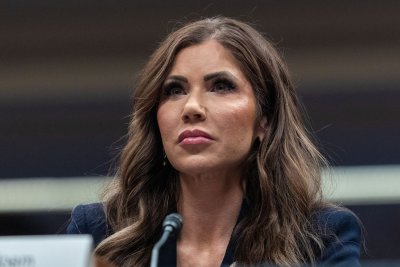President Donald Trump and Vice President JD Vance have both posted to social media hinting that the United States is considering involvement in the conflict between Israel and Iran, with Trump even raising the possibility of violence against Iran’s leadership.
The first of Tuesday’s posts came from Vance, who wrote a lengthy missive defending Trump’s handling of the conflict and blaming Iran for continuing its nuclear enrichment programme.
“The president has made clear that Iran cannot have uranium enrichment. And he said repeatedly that this would happen one of two ways- the easy way or the ‘other’ way,” Vance wrote.
The vice president proceeded to explain what the “other way” might look like.
“The president has shown remarkable restraint in keeping our military’s focus on protecting our troops and protecting our citizens,” Vance said. “He may decide he needs to take further action to end Iranian enrichment. That decision ultimately belongs to the president.”
Trump himself upped the ante less than an hour later. On his Truth Social platform, the president appeared to threaten Iran’s Supreme Leader Ali Khamenei and called for the country’s “UNCONDITIONAL SURRENDER”.
“We know exactly where the so-called ‘Supreme Leader’ is hiding,” Trump wrote.
“He is an easy target, but is safe there – We are not going to take him out (kill!), at least not for now. But we don’t want missiles shot at civilians, or American soldiers. Our patience is wearing thin.”
The two messages arrive as Iran and Israel continue to exchange missile fire, with experts fearing the outbreak of a wider regional war.
That prospect has raised questions about whether and how the US might become involved.
Already, Trump has indicated he had prior knowledge of Israel’s initial attack on June 13, and news reports indicate that the government of Israeli Prime Minister Benjamin Netanyahu has petitioned Trump to join its military campaign against Iran.
Still, the Trump administration has put some distance between itself and Israel, a longtime ally.
On the night the first attacks were launched by Israel, US Secretary of State Marco Rubio issued a statement calling Israel’s actions “unilateral” and stressing that the US was “not involved in [the] strikes against Iran”.
Shifting tone
Critics have speculated, however, that Trump may be gradually building a case for more direct US involvement in the conflict.
Prior to the last five days of bombing, the US and Iran had been engaged in months of negotiations to limit Iran’s nuclear programme. Another round of talks had been scheduled for last weekend, but was cancelled amid the escalating violence.
The US has since repositioned warships and military aircraft in the region, in the name of “protecting US forces”.
“These deployments are intended to enhance our defensive posture in the region,” US Defence Secretary Pete Hegseth said in a statement.
Trump, meanwhile, has framed the conflict as a result of Iran’s unwillingness to curtail its nuclear programme. As he flew home from the Group of Seven (G7) summit in Canada overnight, he reemphasised that Iran had missed its opportunity to avoid conflict.
“They should have done the deal. I told them: ‘Do the deal’,” Trump told reporters. “So I don’t know. I’m not too much in the mood to negotiate.”
Iran has long denied seeking a nuclear weapon. But fears that it might develop one anyway have fuelled decades of tensions with the US, Israel and other countries.
In 2015, Iran inked a deal with the US, China, Russia, France, Germany, the United Kingdom and the European Union to scale back its nuclear programme, in exchange for sanctions relief. But in 2018, during his first term in office, Trump unilaterally withdrew the US from the pact, causing it to crumble.
He has since pursued a policy of “maximum pressure” on Iran and other US adversaries, a campaign he has continued during his second term.
In March, for instance, Trump blamed Iran for attacks from Yemen’s Houthi rebels, writing, “IRAN will be held responsible, and suffer the consequences, and those consequences will be dire!”
A nuclear question
Those threats have raised concerns, even among Trump’s Make America Great Again (MAGA) base, that the US could once again become embroiled in a costly foreign war.
On Friday, for instance, the Tucker Carlson Network — led by the eponymous conservative commentator — sent out a morning newsletter lobbying against US involvement in the Iran-Israel conflict.
“If Israel wants to wage this war, it has every right to do so. It is a sovereign country, and it can do as it pleases. But not with America’s backing,” the newsletter read.
Lawmakers have likewise moved to curb any potential US involvement in the conflict.
On Tuesday, US Representative Thomas Massie of Kentucky, a Republican, joined his Democratic colleague Ro Khanna of California in announcing they would introduce a bill called the Iran War Powers Resolution, which would require the president to seek congressional approval before engaging in the conflict.
Just a day earlier, Democratic Senator Tim Kaine unveiled a similar bill. It would have directed the president to “terminate the use of US Armed Forces for hostilities against Iran”.
The Trump administration, however, has emphasised its position that Iran acquiring a nuclear weapon is a red line that cannot be crossed. On Tuesday, the White House issued a statement stressing that Trump “has never wavered” in his position, linking to dozens of past comments he has made.
Critics, however, have pointed out that Trump has contradicted some members of his own inner circle, who have cast doubt on the likelihood that Iran has a nuclear weapons arsenal.
In March, for instance, Director of National Intelligence Tulsi Gabbard testified to Congress that the US “continues to assess that Iran is not building a nuclear weapon and Supreme Leader Khamenei has not authorised the nuclear weapons programme he suspended in 2003”.
During his overnight flight back to the US, however, Trump dismissed Gabbard’s assessment. “I don’t care what she said. I think they’re very close to having it,” he told reporters.
Gabbard herself has since said her comments were in line with the president’s position.
But the Trump administration’s contradictory statements have raised questions about how its stance towards Iran — and military engagement in the Middle East — might shift in the coming weeks.
Yasmine Taeb, legislative and political director for the advocacy group MPower Change Action Fund, noted that Gabbard’s congressional testimony represented the findings of the entire US intelligence community.
“It’s just reprehensible and incredibly reckless that Trump is not even relying on guidance from his own intelligence,” she told Al Jazeera.
Jamal Abdi, the president of the National Iranian American Council (NIAC), a think tank and political group, also told Al Jazeera that Trump’s comments raise questions about the sources he is relying on for information.
“This makes really clear that this is a war of choice,” he told Al Jazeera. “If he’s not listening to his own intelligence community, who is he listening to? Is it Netanyahu?”
“I mean, at least when [former US President] George W Bush started his endless war, he had the dignity to lie to us about WMDs [weapons of mass destruction],” Abdi continued, citing the claim that helped launch the US invasion of Iraq in 2003.
“Donald Trump is just saying: ‘I don’t care what the facts are. We’re just doing this anyway because I say so.’”
